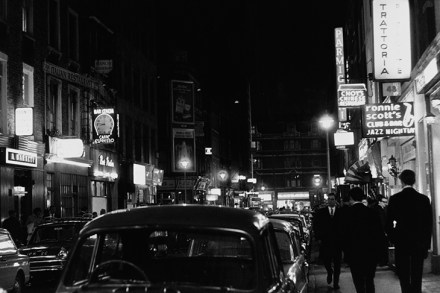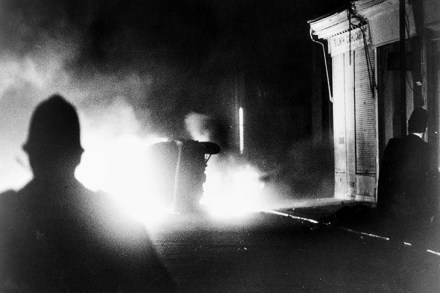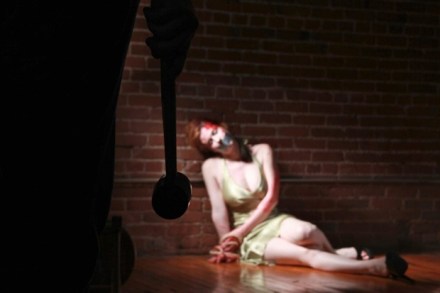The mean streets of 1960s Soho: Bent, by Joe Thomas, and other crime fiction reviewed
Brian De Palma brings his film director’s eye to Are Snakes Necessary? (Hard Case, £16.99), written in collaboration with the author Susan Lehman. The novel merges fierce political satire with the tale of a corrupt senator happy to cheat on his wife, despite her suffering from Parkinson’s disease. The latest object of his lust is a young videographer hired to record his campaign. Of course, things go from bad to worse and the senator is forced to call in a fixer to sort out the trouble. Terrible consequences ensue, all the way from Washington to Las Vegas to Paris. A globe-trotting sleaze-fest. The story is pushed forward by the three










